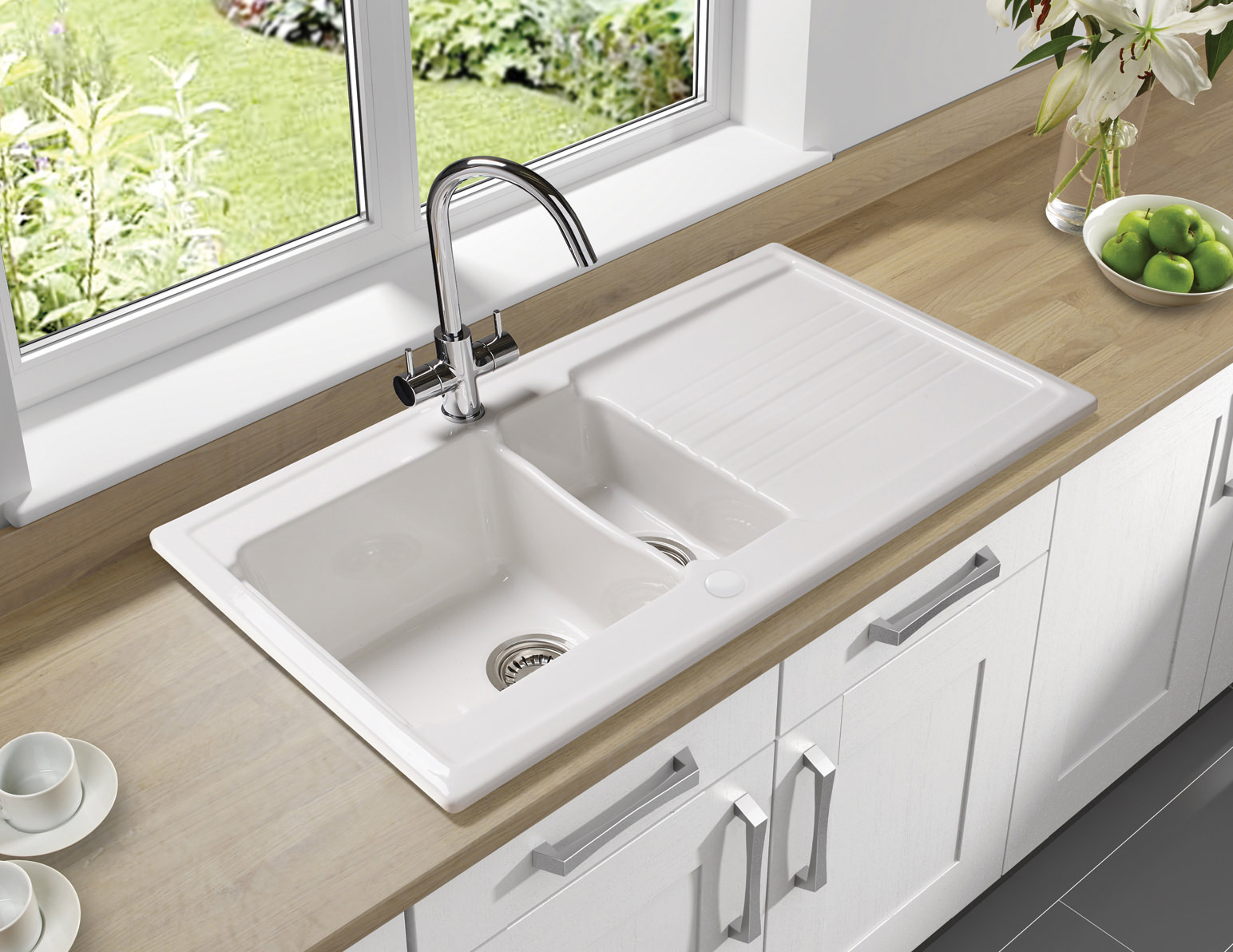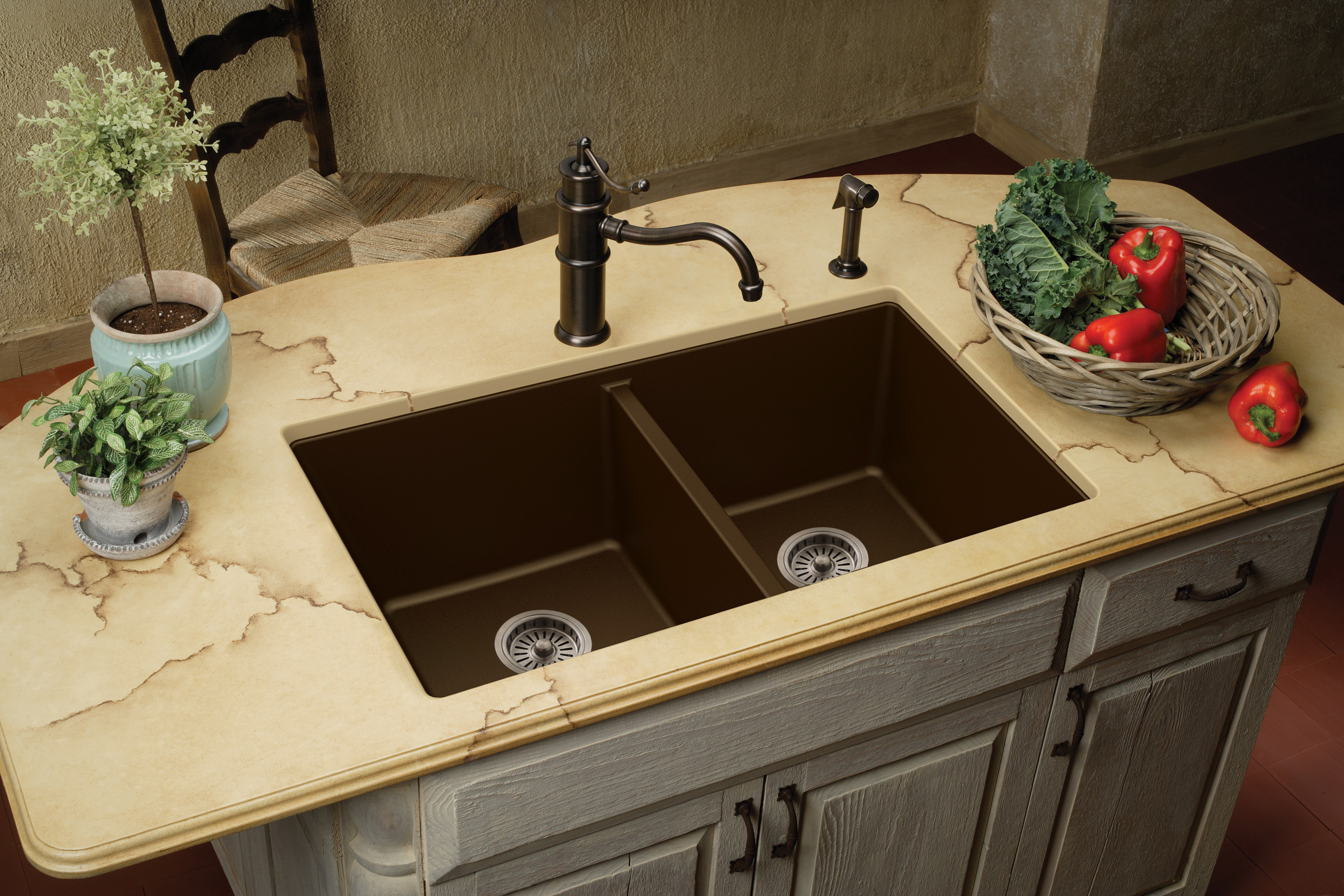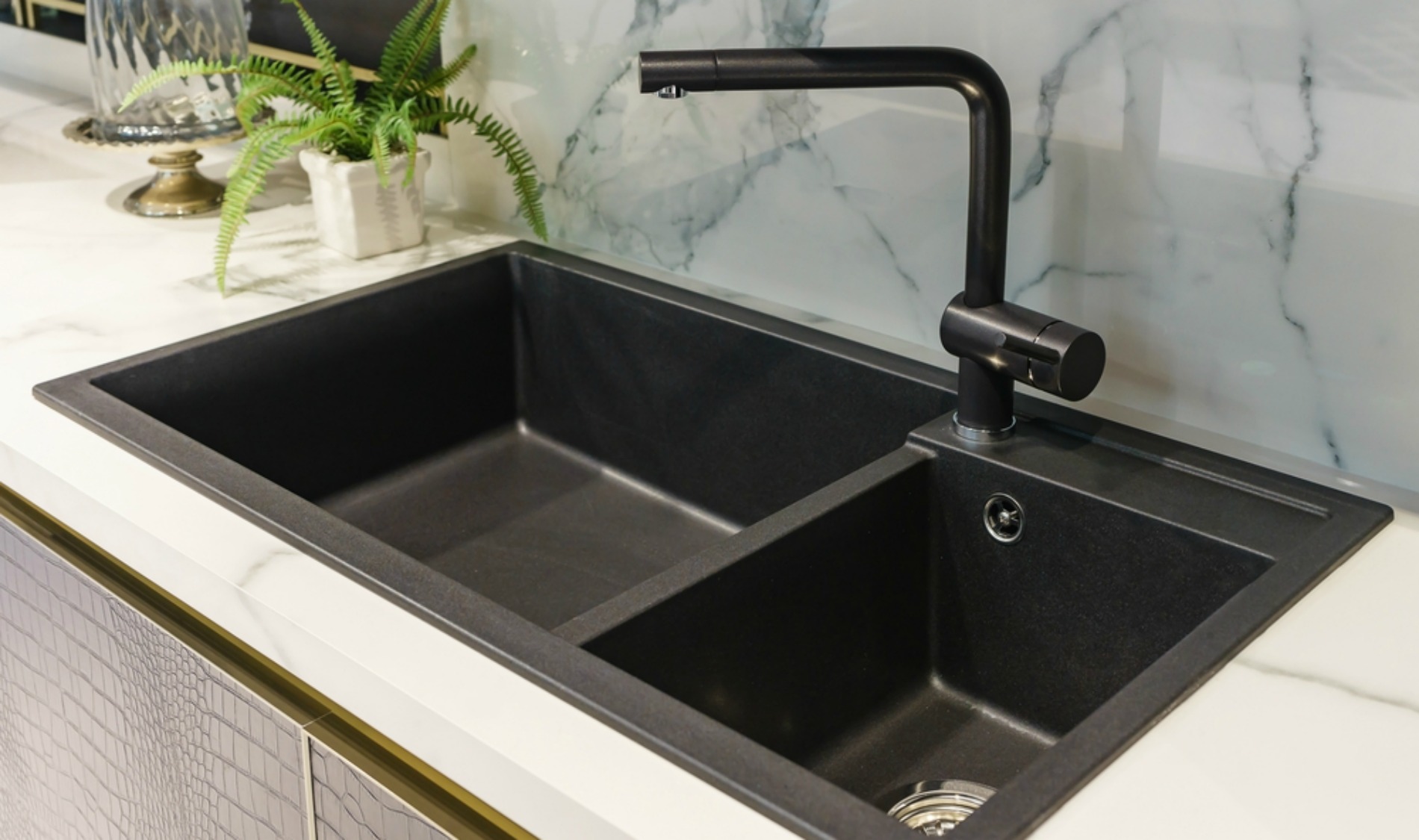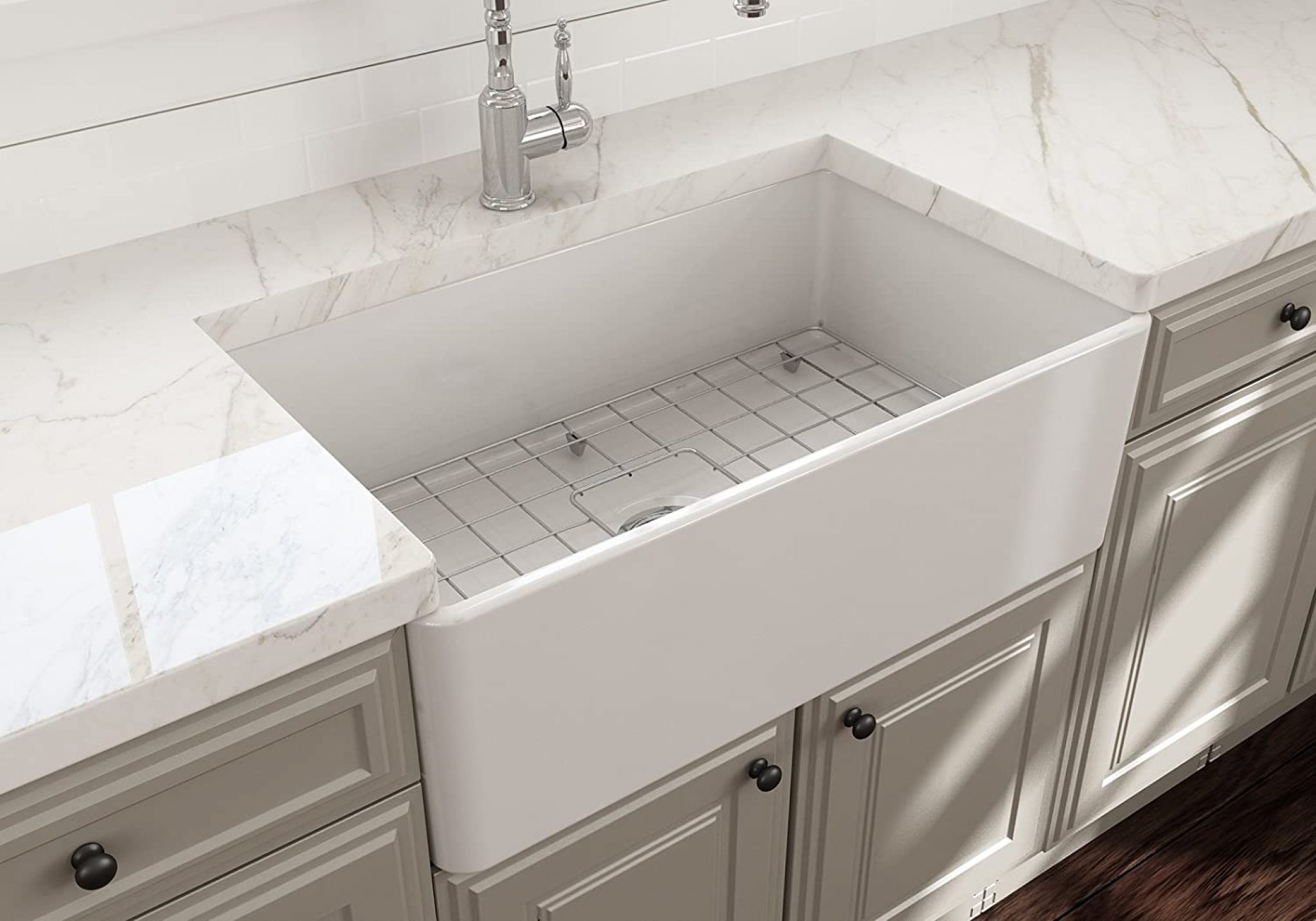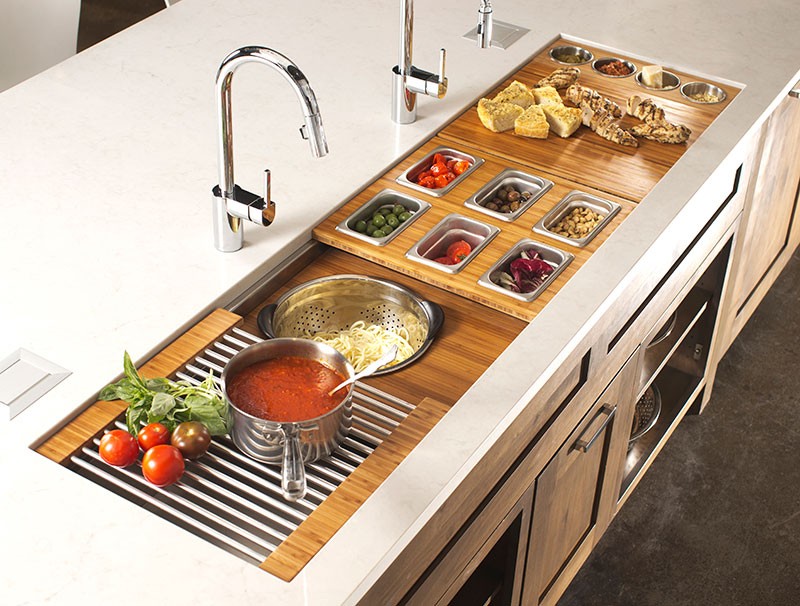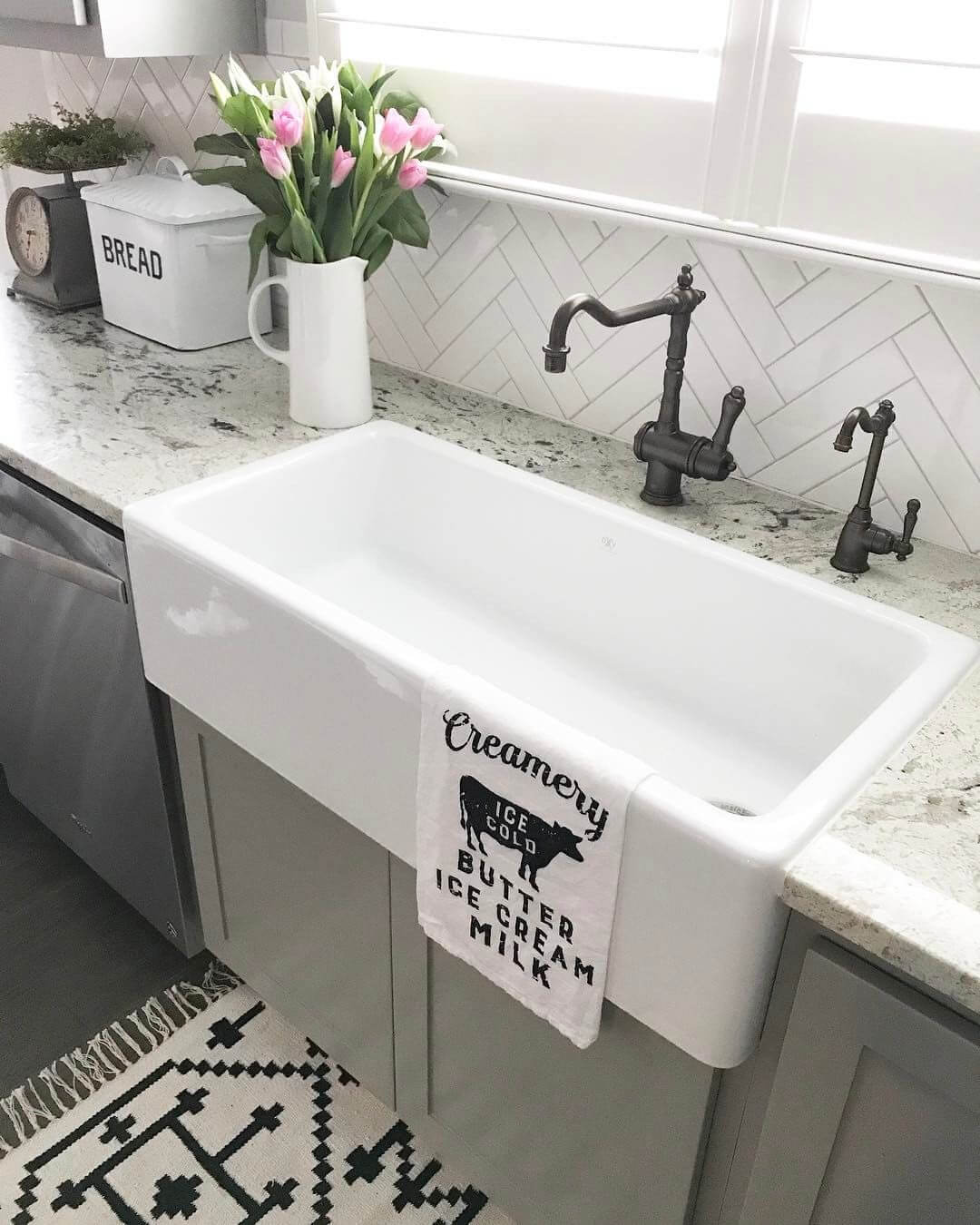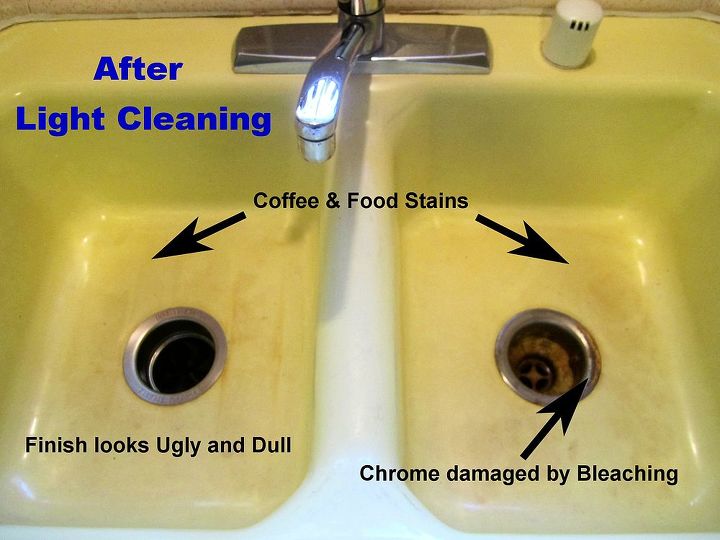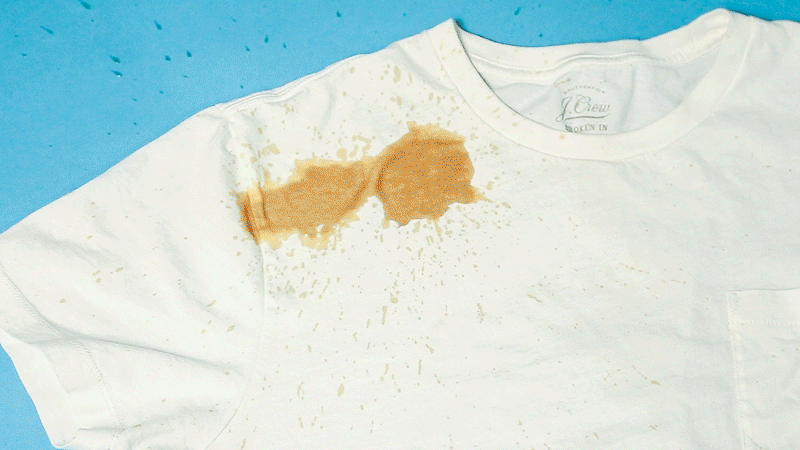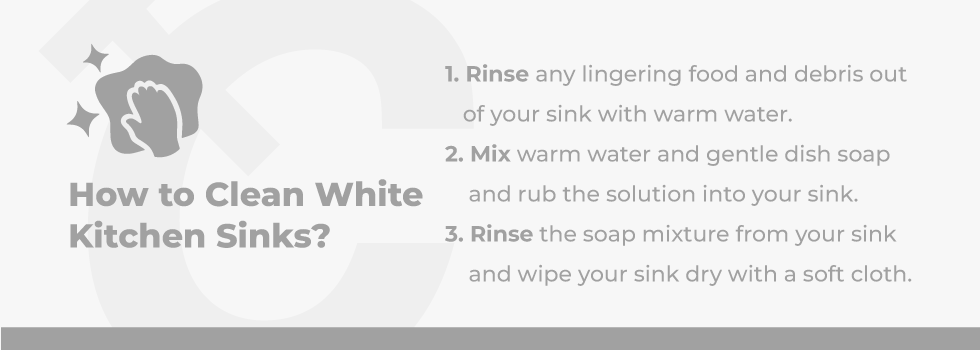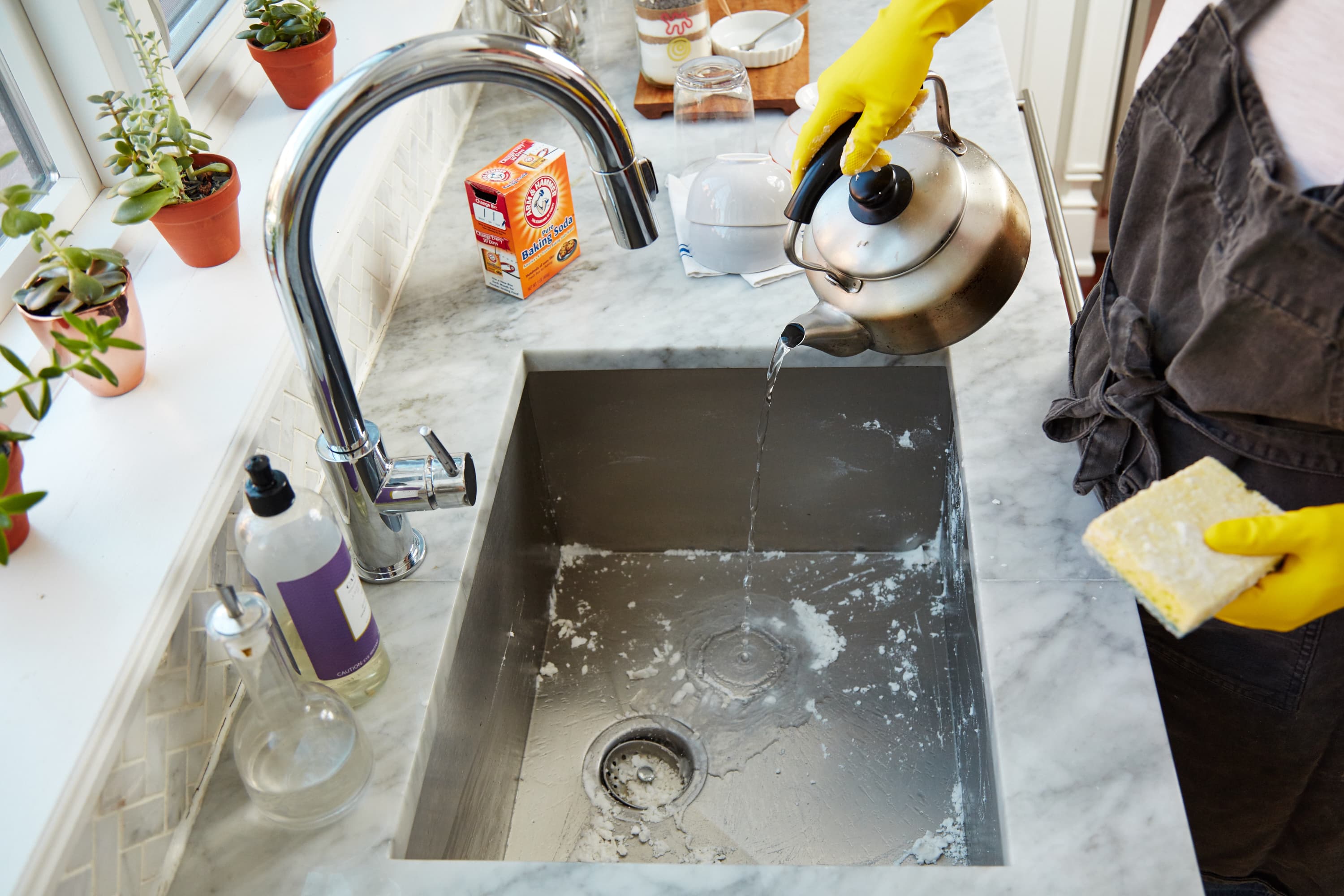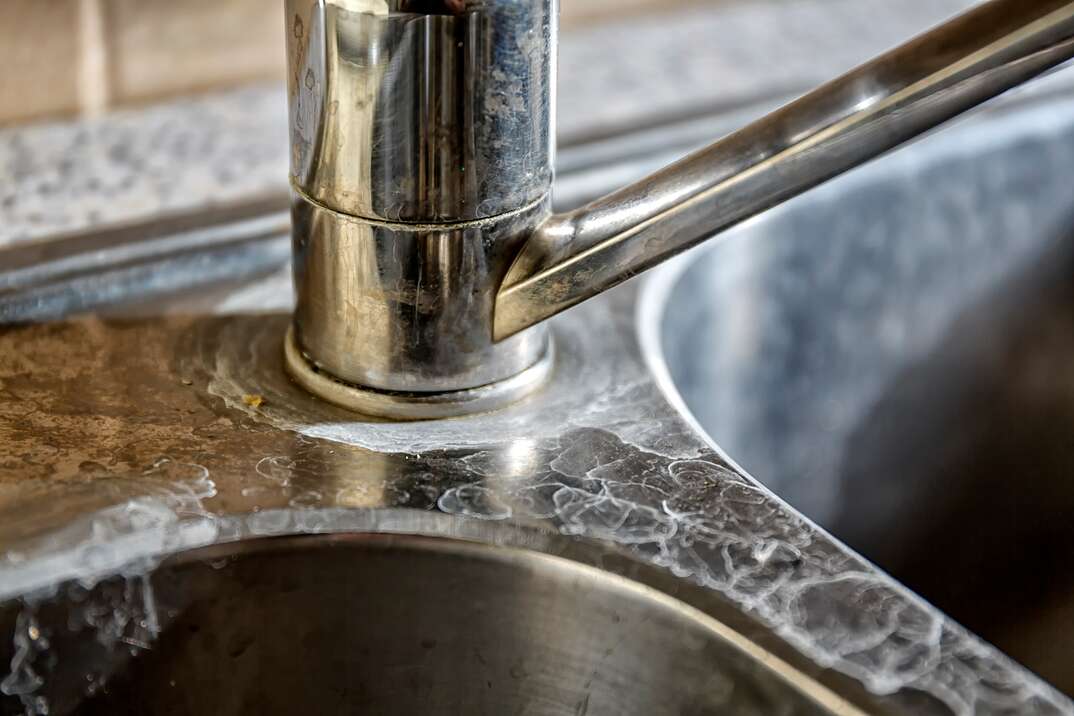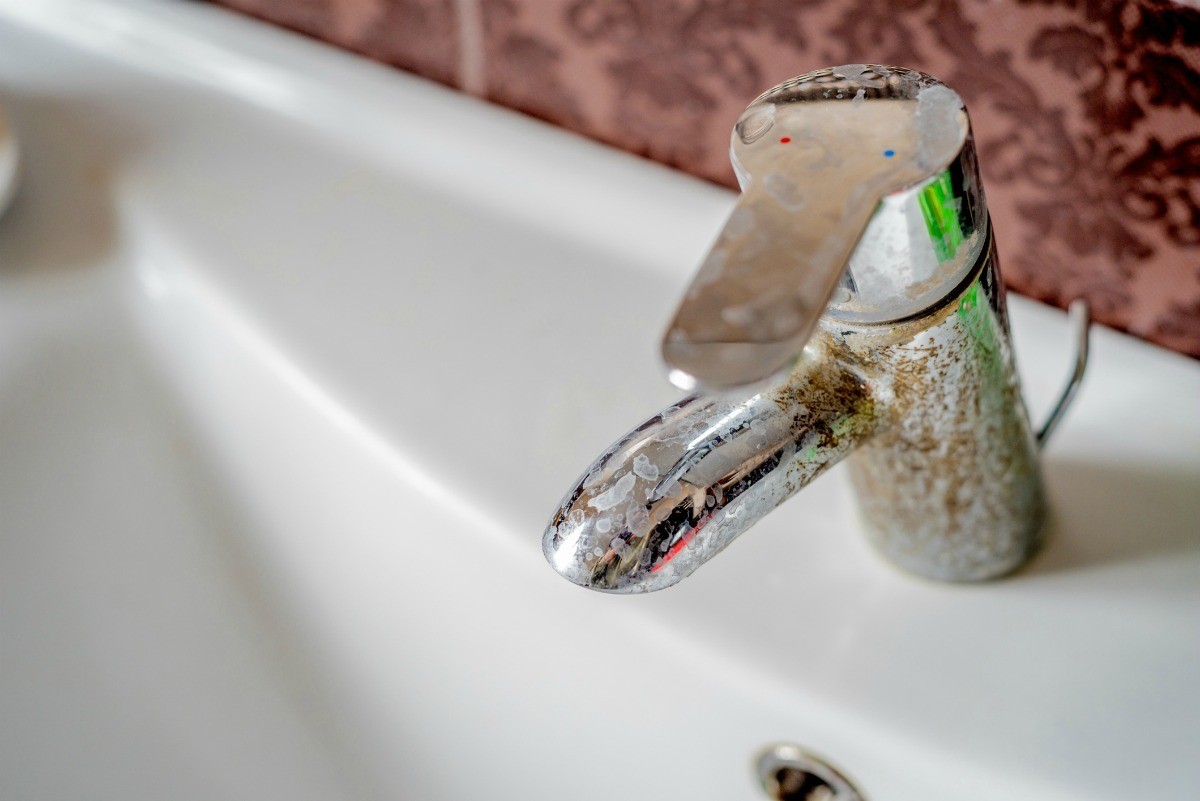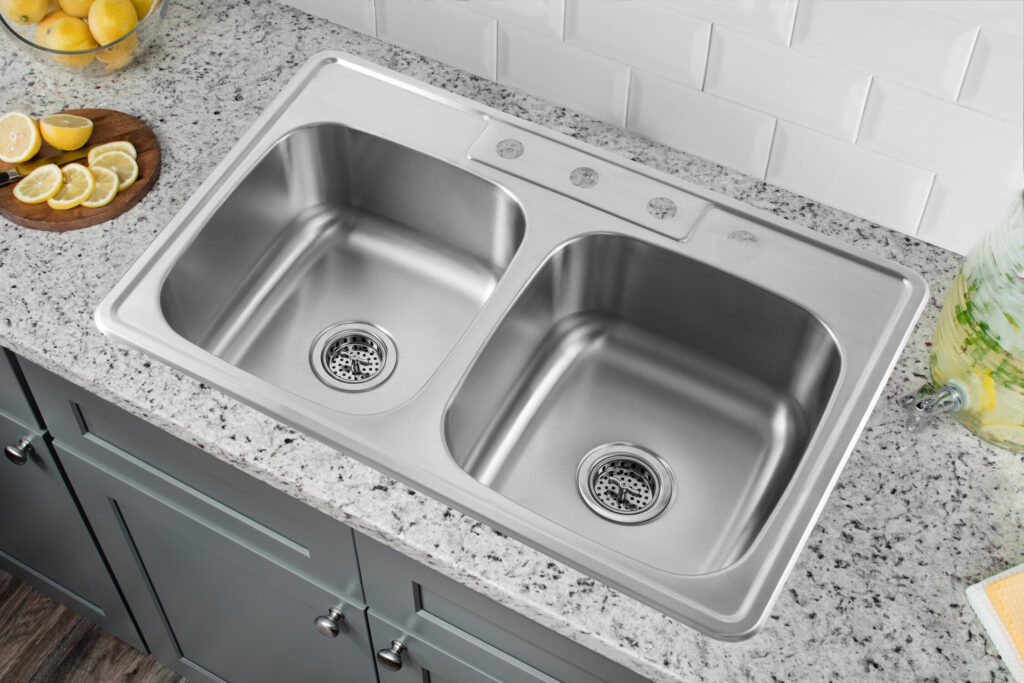If you have a white kitchen sink, you know how important it is to keep it clean and stain-free. However, no matter how careful you are, stains can still happen. Whether it's from coffee, red wine, or just everyday use, white kitchen sinks are prone to stains. But don't worry, there are several effective methods for removing stains and keeping your sink looking like new. One of the easiest and most effective methods for removing stains from a white kitchen sink is using a mixture of baking soda and vinegar. Simply sprinkle baking soda onto the stained areas and then spray vinegar on top. Let it sit for a few minutes before scrubbing with a soft sponge or brush. Rinse with water and dry with a clean cloth. Pro Tip: For tougher stains, you can also create a paste with baking soda and water and use it to scrub the sink.How to Remove Stains from a White Kitchen Sink
Prevention is key when it comes to keeping your white kitchen sink stain-free. One way to prevent stains is by rinsing your sink after each use and wiping it dry with a clean cloth. This will help remove any leftover food or liquids that can cause stains. You can also try using a sink protector or mat to prevent scratches and stains from pots and pans. Make sure to choose a protector that is specifically designed for white sinks to avoid any discoloration. Pro Tip: Avoid using harsh chemicals or abrasive sponges on your white sink, as they can cause scratches and make it more prone to staining.How to Keep Your White Kitchen Sink Stain-Free
There are various reasons why your white kitchen sink may stain, such as hard water, food and drink spills, and even certain cleaning products. Hard water, which contains high levels of minerals, can leave behind a cloudy film or white residue on your sink. Food and drink spills, especially from items like coffee and red wine, can also leave behind unsightly stains. It's important to identify the cause of the stain so you can choose the right method for removing it.Why Does My White Kitchen Sink Stain?
If DIY methods don't work, there are several commercial products specifically designed for removing stains from white kitchen sinks. Look for products that are safe to use on white sinks and follow the instructions carefully. OxiClean White Revive is a popular option for removing tough stains from white sinks. It's a bleach alternative that can help brighten and whiten your sink without damaging the surface. Bar Keepers Friend Cleanser and Polish is another effective product for removing stains from white sinks. It contains oxalic acid, which can help dissolve and remove stubborn stains.Best Products for Removing Stains from White Kitchen Sinks
If you prefer natural and chemical-free solutions, there are several DIY methods for removing stains from white kitchen sinks. One option is using a mixture of lemon juice and salt. Simply sprinkle salt onto the stained areas and then scrub with a lemon wedge. Rinse with water and dry with a clean cloth. Another effective DIY solution is using a paste made from cream of tartar and hydrogen peroxide. Mix equal parts of both ingredients to create a paste and then apply it to the stained areas. Let it sit for a few minutes before scrubbing and rinsing with water.DIY Solutions for Stained White Kitchen Sinks
To prevent stains from occurring in the first place, there are a few steps you can take. First, make sure to rinse and dry your sink after each use to remove any food or liquids that can cause stains. You can also apply a coat of car wax to your sink to create a protective barrier against stains. Additionally, avoid using abrasive sponges or harsh chemicals on your white sink, as they can cause scratches and make it more prone to staining.Preventing Stains on Your White Kitchen Sink
As mentioned before, hard water and food and drink spills are common causes of stains on white kitchen sinks. But there are a few other culprits that can lead to stubborn stains. For example, leaving metal utensils or pots and pans in the sink for too long can cause rust stains. Certain cleaning products, like bleach, can also cause discoloration on white sinks. By being aware of these common causes, you can take steps to prevent them and keep your white sink looking pristine.Common Causes of Stains on White Kitchen Sinks
In addition to removing stains, it's important to regularly clean and maintain your white kitchen sink to keep it looking its best. Start by removing any debris or food particles from the sink using a soft sponge or cloth. Then, use a gentle cleaner specifically designed for white sinks and scrub the entire surface. Rinse with water and dry with a clean cloth. For tougher stains, you can use one of the methods mentioned above or try using a magic eraser for spot cleaning.How to Clean and Maintain a White Kitchen Sink
Hard water stains can be particularly challenging to remove from white kitchen sinks. To tackle these stains, you can use a mixture of equal parts white vinegar and water. Apply the solution to the stained areas and let it sit for a few minutes before scrubbing and rinsing with water. If this method doesn't work, you can also try using a commercial hard water stain remover or a mixture of baking soda and lemon juice.Removing Hard Water Stains from a White Kitchen Sink
If all else fails, it's always a good idea to consult with a professional. They can offer expert advice and may have access to stronger cleaning products that can effectively remove stubborn stains from white kitchen sinks. Professional cleaners may also have specialized equipment, like steam cleaners, that can help remove stains and brighten your sink without using harsh chemicals. With these tips and methods, you can easily keep your white kitchen sink stain-free and looking brand new. Remember to regularly clean and maintain your sink, and take preventative measures to avoid stains. And if all else fails, don't hesitate to seek professional help. Your white kitchen sink will thank you for it!Professional Tips for Removing Stains from White Kitchen Sinks
Can a White Kitchen Sink Get Stained?

The Truth About White Kitchen Sinks
 When it comes to designing the perfect kitchen, every detail matters. From the countertops to the cabinets, homeowners put a lot of thought and consideration into each aspect of their kitchen. One important decision that often gets overlooked is the choice of kitchen sink. While stainless steel and porcelain sinks are popular options, many homeowners opt for the clean and classic look of a white kitchen sink. However, one question that often arises is whether or not a white kitchen sink can get stained.
When it comes to designing the perfect kitchen, every detail matters. From the countertops to the cabinets, homeowners put a lot of thought and consideration into each aspect of their kitchen. One important decision that often gets overlooked is the choice of kitchen sink. While stainless steel and porcelain sinks are popular options, many homeowners opt for the clean and classic look of a white kitchen sink. However, one question that often arises is whether or not a white kitchen sink can get stained.
Understanding White Kitchen Sink Materials
 Before we dive into whether or not white kitchen sinks can get stained, it's important to understand the different materials that are commonly used for these sinks. The most popular materials for white kitchen sinks are porcelain, enamel, and fireclay. Porcelain and enamel are both made from a combination of clay and glaze, giving them a smooth and glossy finish. Fireclay, on the other hand, is made from a mixture of clay and glaze that is fired at high temperatures, resulting in a durable and non-porous surface.
Before we dive into whether or not white kitchen sinks can get stained, it's important to understand the different materials that are commonly used for these sinks. The most popular materials for white kitchen sinks are porcelain, enamel, and fireclay. Porcelain and enamel are both made from a combination of clay and glaze, giving them a smooth and glossy finish. Fireclay, on the other hand, is made from a mixture of clay and glaze that is fired at high temperatures, resulting in a durable and non-porous surface.
The Potential for Staining
 While white kitchen sinks are known for their durability and easy maintenance, they are not completely immune to staining. However, the likelihood of staining depends on the material of the sink and how well it is maintained. Porcelain and enamel sinks are more prone to staining as they have a slightly porous surface, making them more susceptible to absorbing substances like coffee or red wine. Fireclay sinks, on the other hand, have a non-porous surface that is less likely to stain.
While white kitchen sinks are known for their durability and easy maintenance, they are not completely immune to staining. However, the likelihood of staining depends on the material of the sink and how well it is maintained. Porcelain and enamel sinks are more prone to staining as they have a slightly porous surface, making them more susceptible to absorbing substances like coffee or red wine. Fireclay sinks, on the other hand, have a non-porous surface that is less likely to stain.
Preventing and Removing Stains
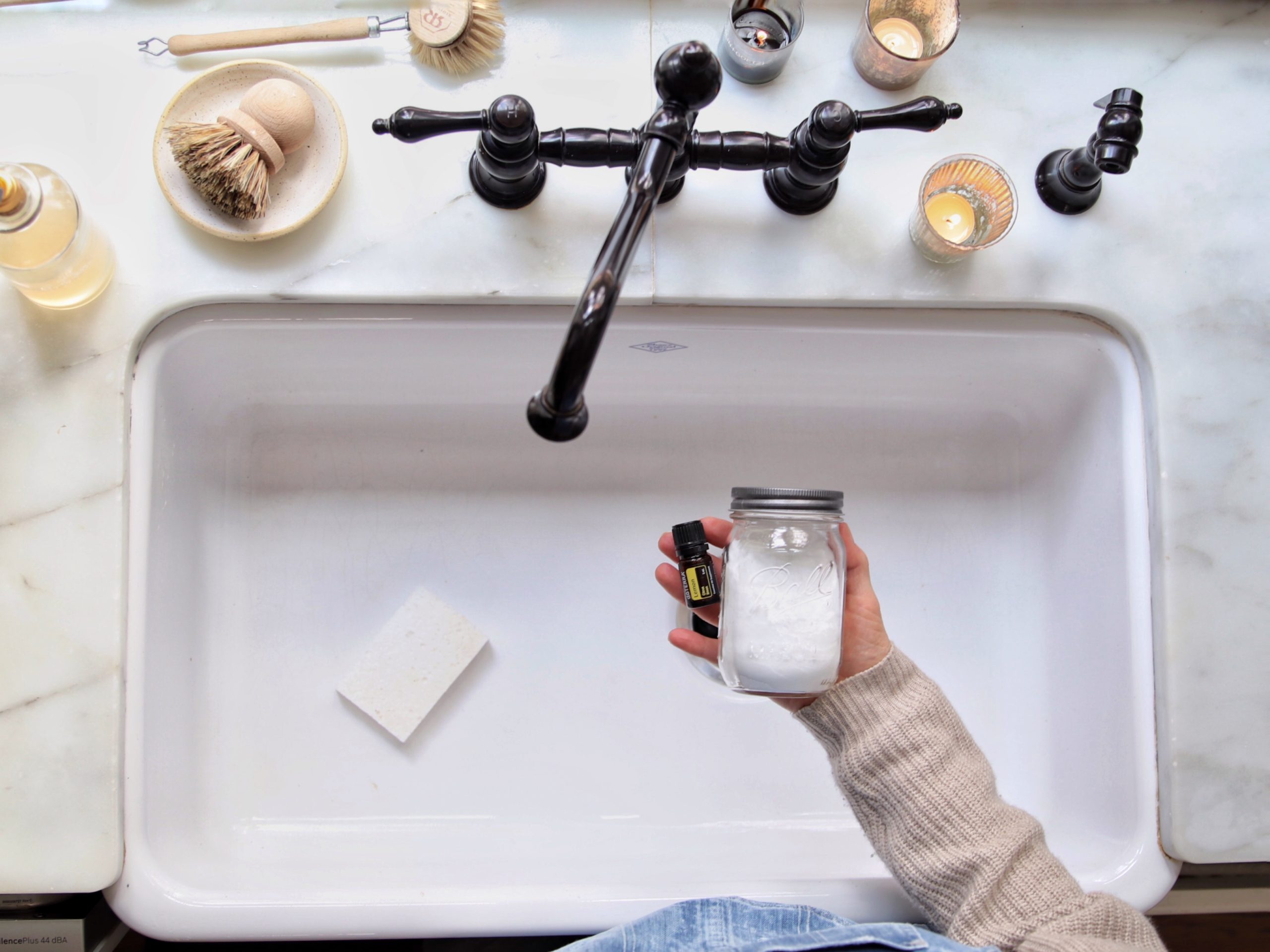 The key to keeping a white kitchen sink looking clean and stain-free is regular maintenance and proper care. For porcelain and enamel sinks, it's important to wipe up spills and stains immediately and to avoid using harsh chemicals or abrasive sponges when cleaning. Fireclay sinks, on the other hand, can handle tougher cleaning methods, but it's still important to avoid using harsh chemicals in order to preserve the sink's surface.
The key to keeping a white kitchen sink looking clean and stain-free is regular maintenance and proper care. For porcelain and enamel sinks, it's important to wipe up spills and stains immediately and to avoid using harsh chemicals or abrasive sponges when cleaning. Fireclay sinks, on the other hand, can handle tougher cleaning methods, but it's still important to avoid using harsh chemicals in order to preserve the sink's surface.
In Conclusion
 So, can a white kitchen sink get stained? The answer is yes, but with proper care and maintenance, the likelihood of staining is greatly reduced. Whether you choose a porcelain, enamel, or fireclay sink, make sure to carefully follow the manufacturer's recommended cleaning and maintenance instructions to keep your white kitchen sink looking pristine for years to come.
So, can a white kitchen sink get stained? The answer is yes, but with proper care and maintenance, the likelihood of staining is greatly reduced. Whether you choose a porcelain, enamel, or fireclay sink, make sure to carefully follow the manufacturer's recommended cleaning and maintenance instructions to keep your white kitchen sink looking pristine for years to come.


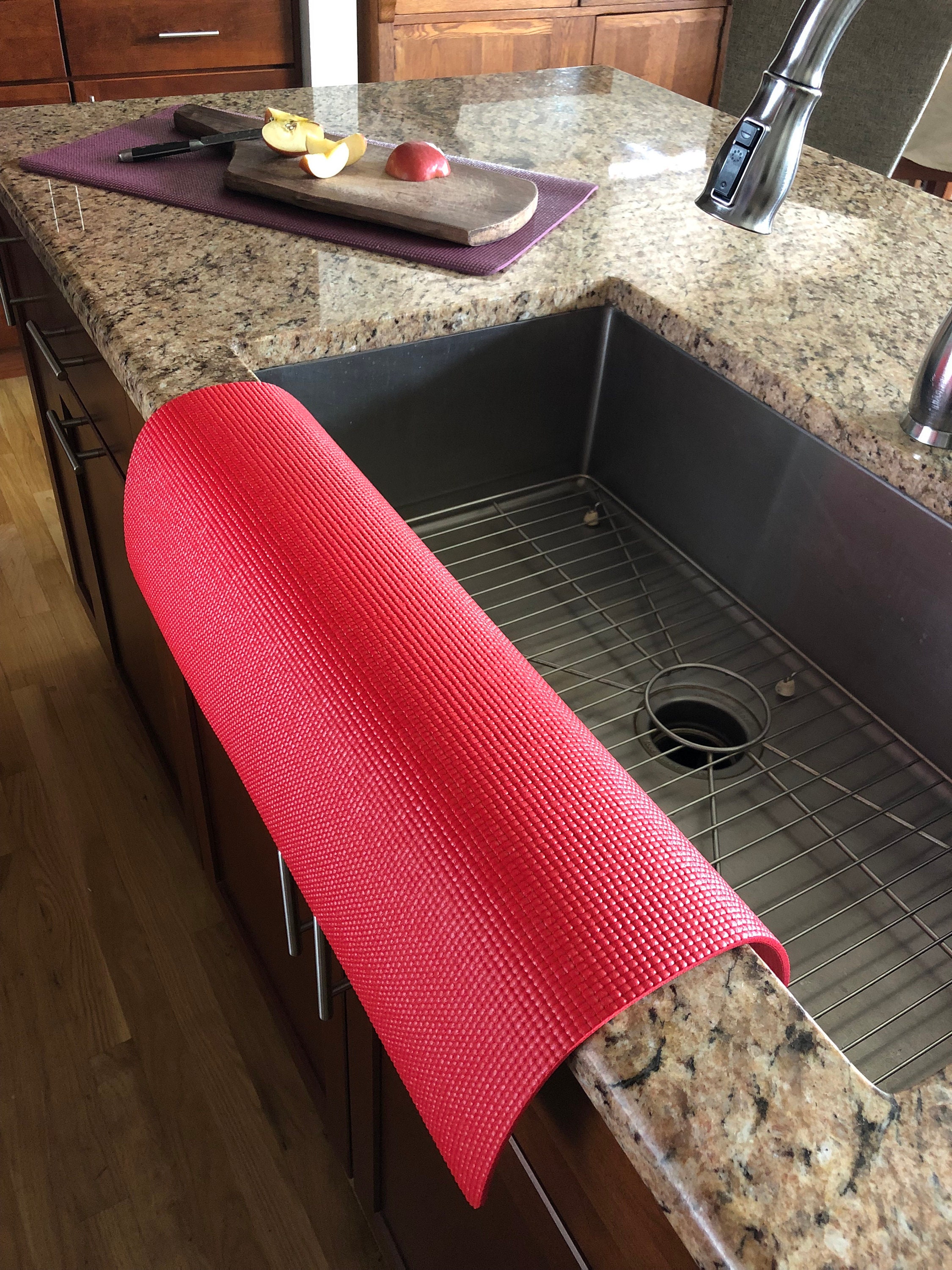
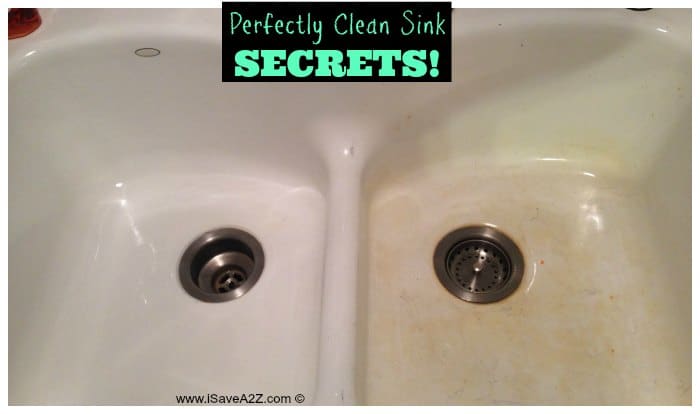




:max_bytes(150000):strip_icc()/how-to-clean-a-copper-sink-4767276-05-a54b0d47425048cb89ccb81cc5bc868d.jpg)
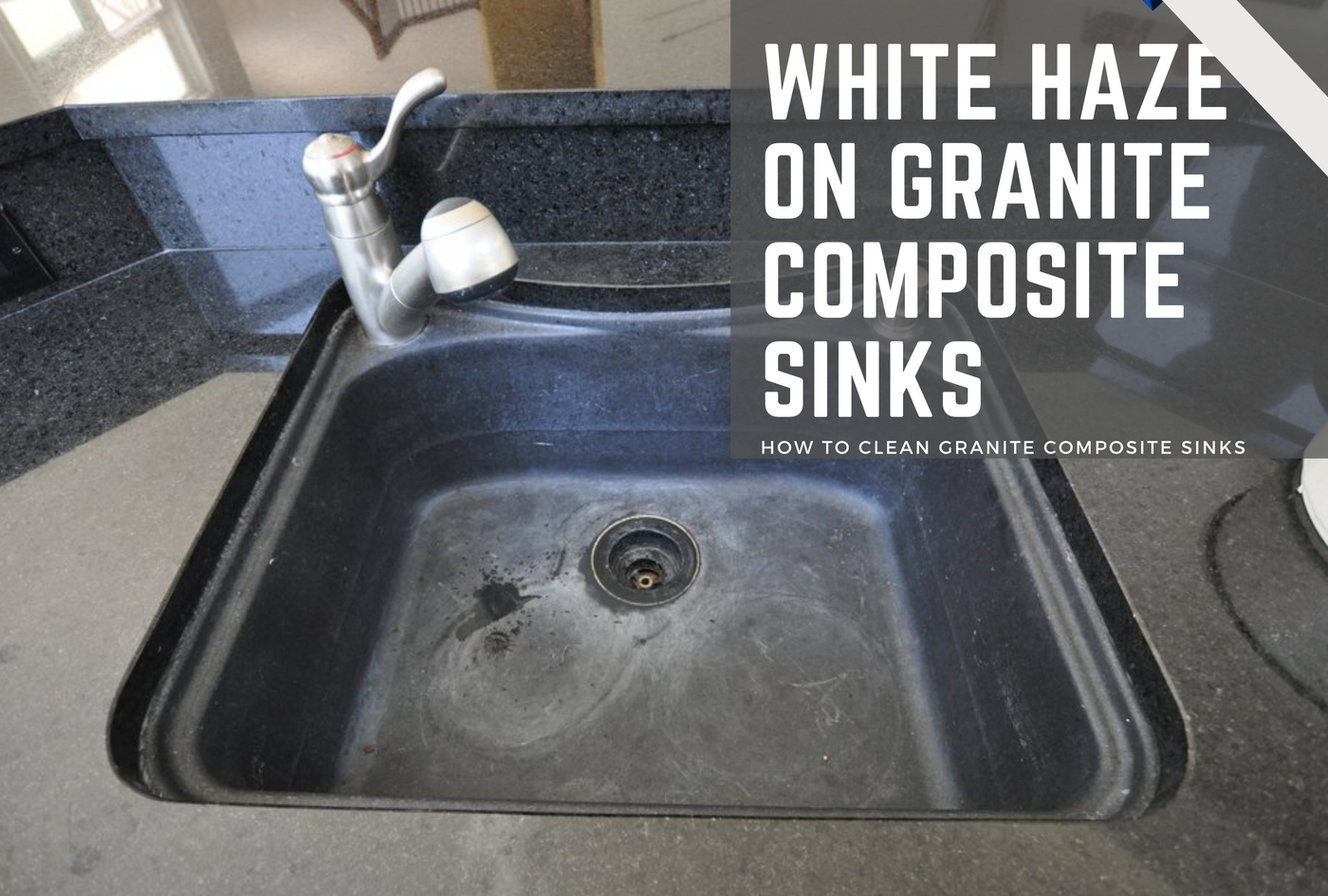
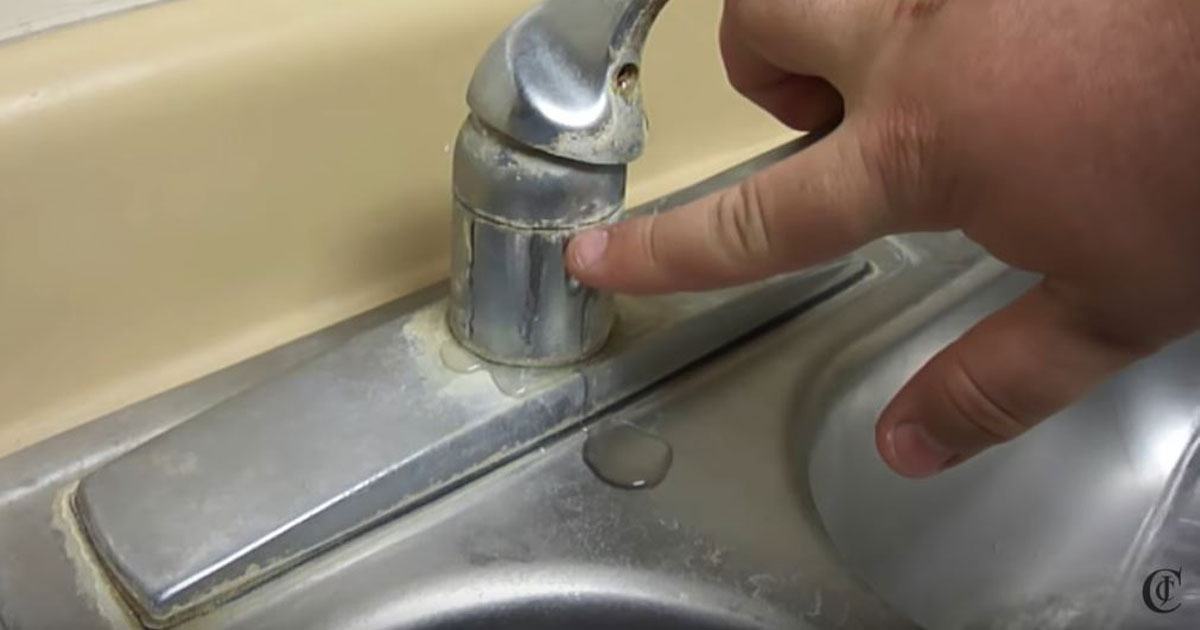
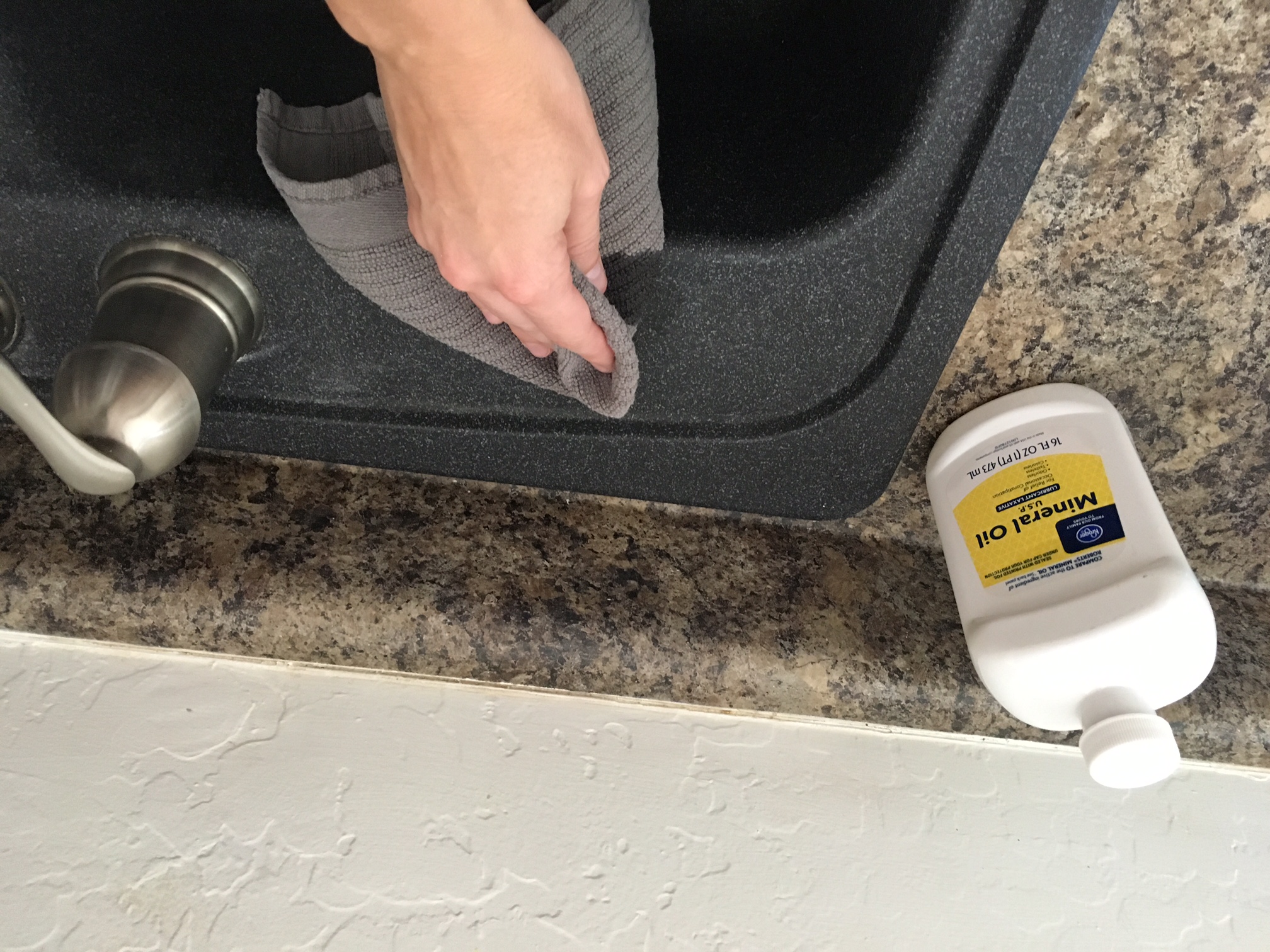










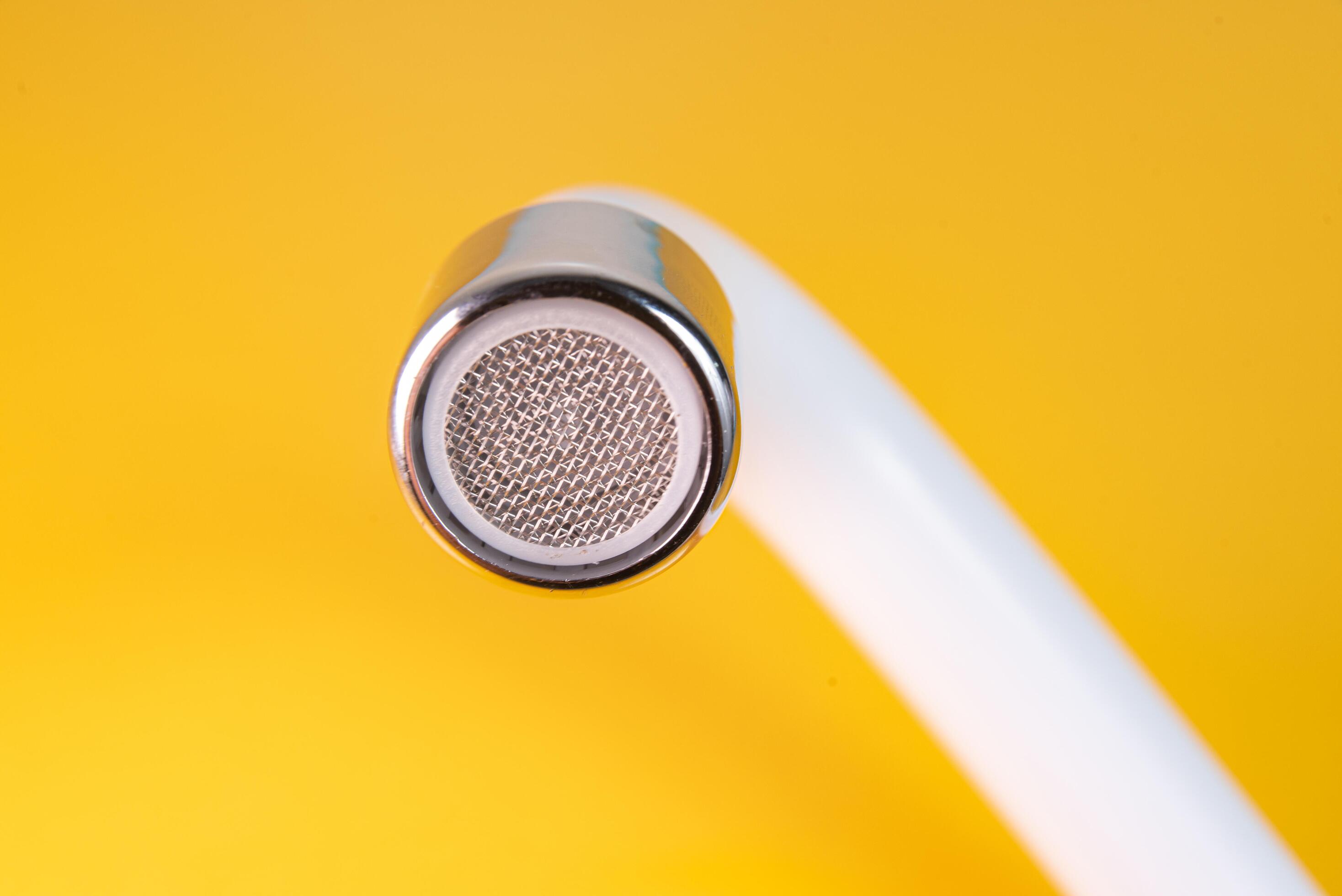





:max_bytes(150000):strip_icc()/why-does-my-kitchen-sink-smell-like-sewage-4707719_06_Citrus-Peels-Ice-and-Salt-9013424033674901bb333de977aae138.jpg)




